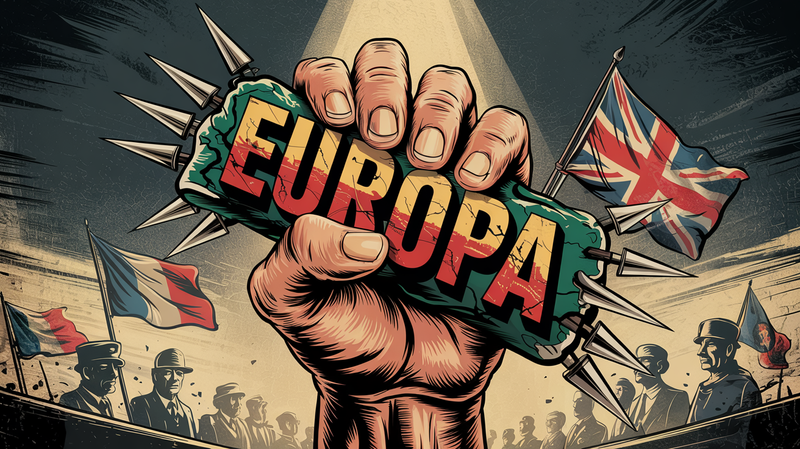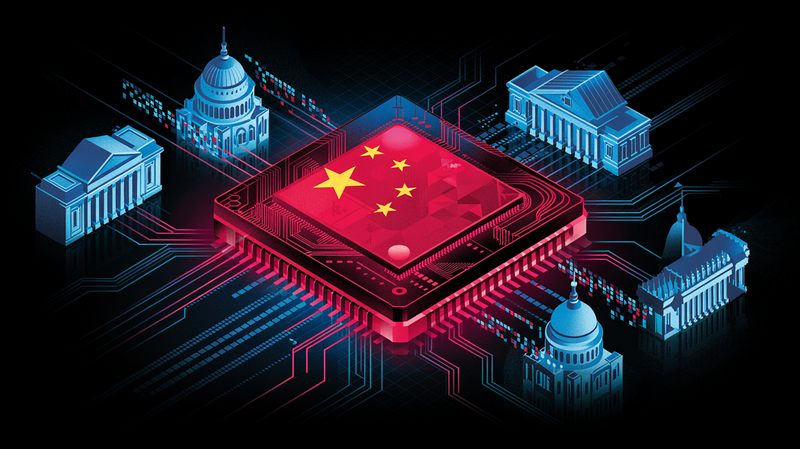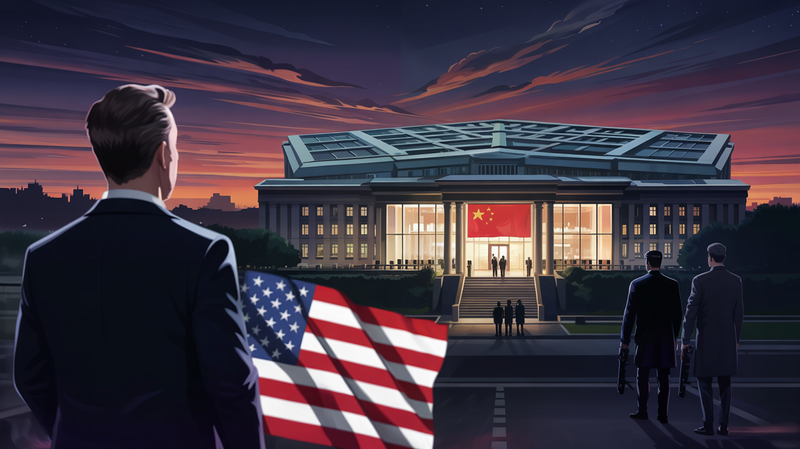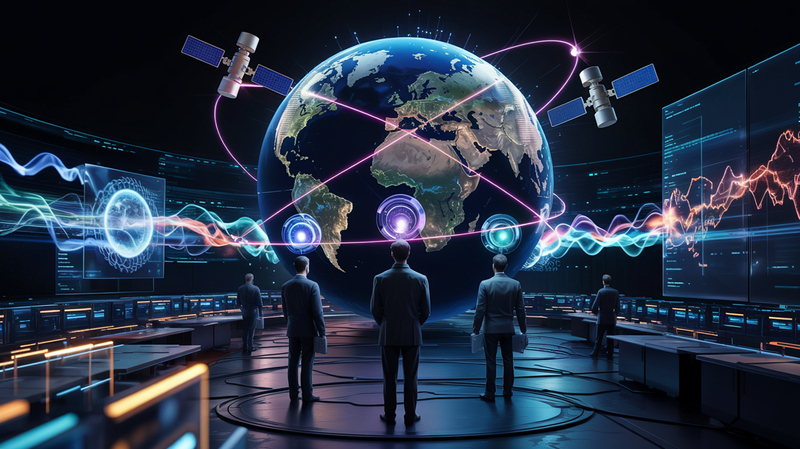Rising Tensions: Understanding the Complex Relationship Between Putin, Erdogan, and Zelensky
The recent press conference held in Vilnius at the end of the NATO summit revealed the mounting tensions between various leaders, such as President Recep Tayyip Erdogan, President Vladimir Putin, and President Volodymyr Zelensky. Erdogan announced that Putin would be visiting him in August to discuss crucial issues. Amid these
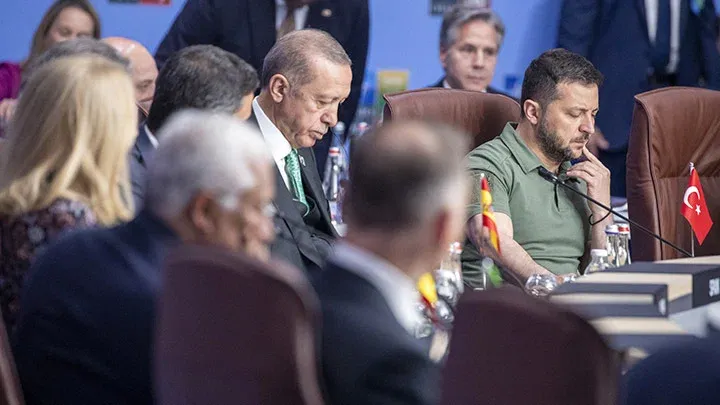
The recent press conference held in Vilnius at the end of the NATO summit revealed the mounting tensions between various leaders, such as President Recep Tayyip Erdogan, President Vladimir Putin, and President Volodymyr Zelensky. Erdogan announced that Putin would be visiting him in August to discuss crucial issues. Amid these statements, certain critical topics of concern have emerged, causing significant diplomatic pressure.
The state of affairs between Russia and Turkey is particularly perplexing. The diplomatic response from Russia to Turkey's recent actions suggests an understanding of the pressure Ankara is under from its NATO allies. The peculiar change in Erdogan's behavior under this pressure, however, raises questions about his political strategy and Turkey's stance towards Russia.
Karine Gevorgyan, an orientalist, expressed uncertainty about Putin's planned visit to Turkey. She cited several issues causing this hesitation, including a murky grain deal, concerns about the French controlling the Akkuyu nuclear power plant that Russia is financing, and Erdogan's major geopolitical aim of the "Great Turan." The speed at which events are unfolding might drastically change the situation before the proposed visit.
Another point of concern is the International Criminal Court's arrest warrant issued against the Russian President on March 17, 2023. The assassination of Russian Ambassador Andrei Karlov in Turkey and the news about Ukraine's construction of a Bayraktar attack drone factory further strain relations.
Timur Shafir, Secretary of the Russian Union of Journalists and a political scientist, expressed doubts about the expediency of Putin's visit and the security of Russian interests. He also noted that the current Turkish government is fundamentally different from its predecessors. The new cabinet's connections to Western financial structures and potential preparation for a global sellout of the Turkish economy raise concerns about further cooperation with Erdogan's administration.
Erdogan's dream of the "Great Turan" imperial project is also a point of concern. This vision aims to bring all Turkic-speaking regions under one neo-Ottoman empire. While it appears that this ambition has lost momentum, Erdogan's unpredictability means the idea cannot be disregarded.
The recent meeting between Erdogan and Zelensky stirred more tension. Erdogan's flattering behavior towards Zelensky, coupled with his anti-Russian rhetoric, hints at an increasingly complex geopolitical situation. Erdogan's insistence on extending the grain deal with Ukraine for two more years, which allows Turkey to receive a 25% discount on Ukrainian grain and speculate on it across Europe, is another point of contention.
A surprising suggestion from Zelensky involved disregarding Russia's approval for the grain deal and exporting grain under the protection of the Turkish navy. As a NATO member, an attack on Turkish ships could lead to a military conflict.
Given these conditions, Putin's visit to a NATO country during such tense times raises questions about the trustworthiness of the West and Erdogan in upholding international law norms.
In conclusion, the intricate web of politics involving Russia, Turkey, and Ukraine reveals a precarious state of affairs. Negotiations with Turkey at this time seem to promise little more than potential Russian concessions for Turkish promises. Still, the complex situation requires a calculated and balanced decision that considers all possibilities.

